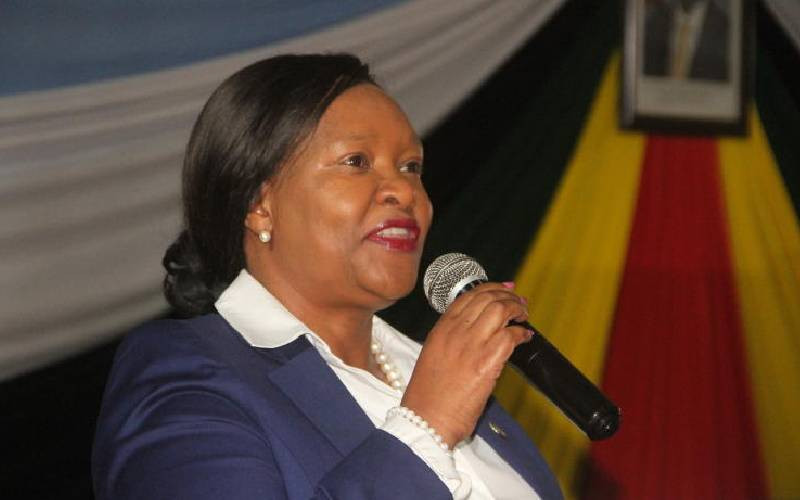×
The Standard e-Paper
Kenya’s Boldest Voice

Kenya's public sector performance contracting culture has clocked a good 20 years since inception.
It has been embraced by two presidential regimes that preceded the current one that is in its first cycle of the same routine. Performance contracting must have served the two previous presidential epochs in ways considered favourable and little wonder it has been retained by a third administration in a row.